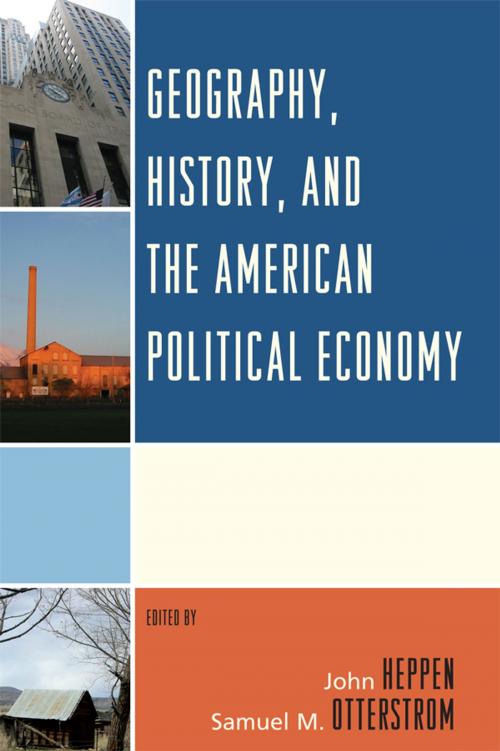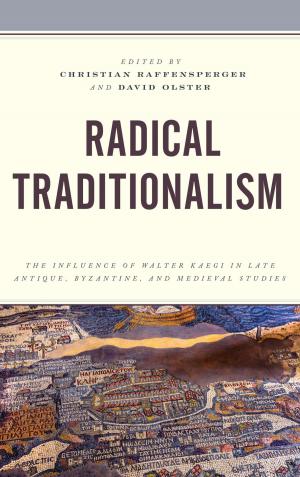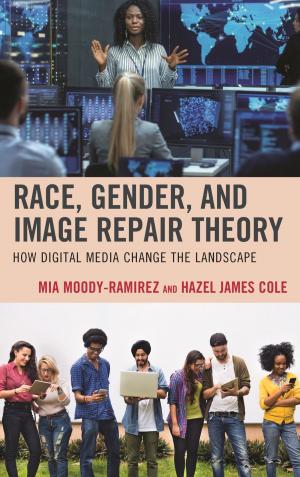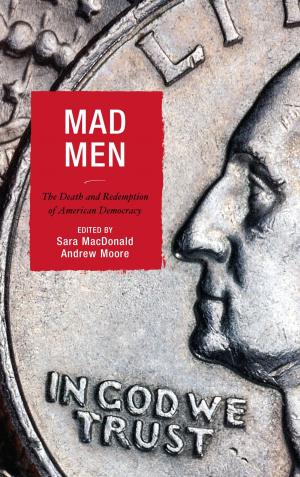Geography, History, and the American Political Economy
Nonfiction, Social & Cultural Studies, Political Science, Politics, Economic Conditions, History & Theory, History, Americas, United States| Author: | John Agnew, Emily J. Duda, Keumsoo Hong, Kristen N. Keegan, Anne E. Mosher, Samuel M. Otterstrom, Fred M. Shelley, M.J Morgan | ISBN: | 9780739140987 |
| Publisher: | Lexington Books | Publication: | August 16, 2009 |
| Imprint: | Lexington Books | Language: | English |
| Author: | John Agnew, Emily J. Duda, Keumsoo Hong, Kristen N. Keegan, Anne E. Mosher, Samuel M. Otterstrom, Fred M. Shelley, M.J Morgan |
| ISBN: | 9780739140987 |
| Publisher: | Lexington Books |
| Publication: | August 16, 2009 |
| Imprint: | Lexington Books |
| Language: | English |
This collection takes on the call issued by reviewers of The American Way for a critical application of Carville Earle's framework to more geographical examples of political and economic shifts in America's past. The essays illustrate changes in U.S. settlement, development, and political structure through the lens of the restructuring of the American economy and society over approximately fifty year cycles of crisis and recovery. They demonstrate the extension of American's sphere of influence outside of the United States as a larger scalar shift, and they underscore the utility of geography in answering very local questions concerning questions of poorly documented settlement histories. Focusing on the geographic responses to periodic cycles of crisis and recovery and the more general underlying intertwining of geography and history, Geography, History, and the American Political Economy is an incisive demonstration of how the constant restructuring of American politics and economy occurs within spatial and historical constructs.
This collection takes on the call issued by reviewers of The American Way for a critical application of Carville Earle's framework to more geographical examples of political and economic shifts in America's past. The essays illustrate changes in U.S. settlement, development, and political structure through the lens of the restructuring of the American economy and society over approximately fifty year cycles of crisis and recovery. They demonstrate the extension of American's sphere of influence outside of the United States as a larger scalar shift, and they underscore the utility of geography in answering very local questions concerning questions of poorly documented settlement histories. Focusing on the geographic responses to periodic cycles of crisis and recovery and the more general underlying intertwining of geography and history, Geography, History, and the American Political Economy is an incisive demonstration of how the constant restructuring of American politics and economy occurs within spatial and historical constructs.















